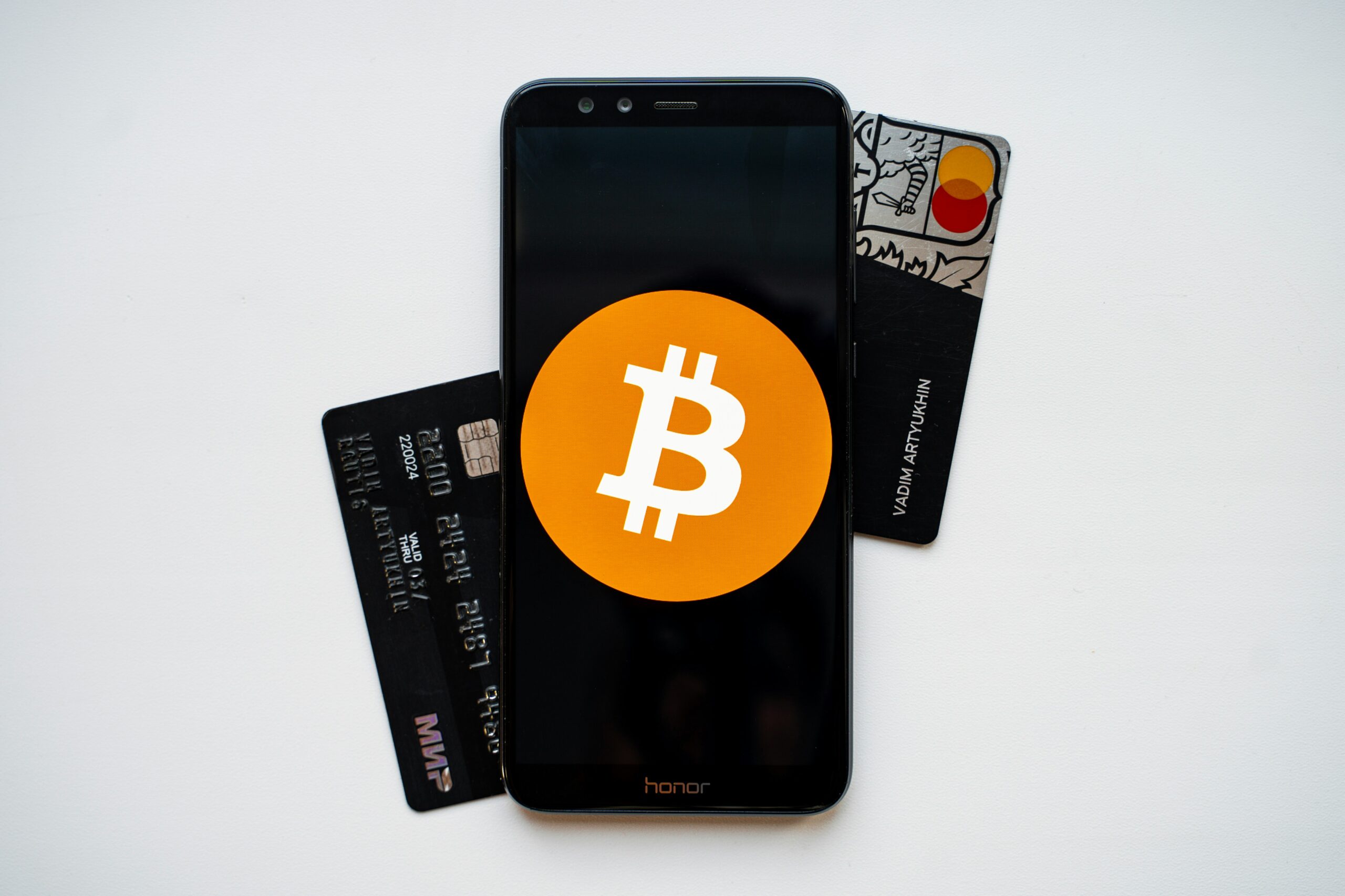Introduction to Crypto Hardware Wallets
Crypto hardware wallets are specialized devices designed to securely store and manage digital assets like Bitcoin and other cryptocurrencies. Unlike software wallets, which store private keys on devices connected to the internet, hardware wallets keep private keys isolated from internet-connected devices, thereby providing a higher level of security. This isolation is crucial as it significantly reduces the risk of cyber-attacks, hacking, and malware that could potentially compromise your digital assets.
The importance of crypto hardware wallets lies in their ability to safeguard your cryptocurrencies against unauthorized access. These devices use advanced encryption and secure chip technology to ensure that private keys never leave the device. Even if the hardware wallet is connected to a compromised computer, the private keys remain protected, making transactions secure and reliable. Features such as PIN protection, biometric verification, and recovery seed phrases add multiple layers of security, further enhancing the protection of your digital wealth.
One of the key reasons why crypto hardware wallets are preferred over software wallets is their robust security infrastructure. While software wallets are convenient, they are also more vulnerable to phishing attacks and malware. Hardware wallets, on the other hand, offer a tangible layer of security, making them an ideal choice for both novice users and seasoned crypto enthusiasts. The physical nature of these devices means they can be stored safely offline, away from potential digital threats.
In recent years, there has been a growing trend of purchasing crypto hardware wallets from online marketplaces like Amazon. This trend is driven by the convenience and availability that these platforms offer. Amazon, for example, provides a wide range of options, detailed customer reviews, and the assurance of legitimate products, making it easier for users to find and purchase the best hardware wallets suited to their needs.
Price Point and Affordability
When exploring the market for crypto hardware wallets on Amazon, one finds a diverse range of price points, catering to various budget considerations. The top 5 crypto hardware wallets frequently mentioned include the Ledger Nano S, Ledger Nano X, Trezor Model T, Trezor One, and the KeepKey. Each of these devices offers distinct features that justify their respective price tags.
The Ledger Nano S and the Trezor One are often regarded as budget-friendly options, typically priced between $50 and $70. These wallets provide robust security features and are ideal for users who may be new to cryptocurrency or have modest investment portfolios. Despite their lower price point, they still offer essential functionalities such as secure private key storage and compatibility with multiple cryptocurrencies.
On the other end of the spectrum are the Ledger Nano X and the Trezor Model T, which fall into the premium category, with prices ranging from $120 to $180. These wallets boast advanced features, including Bluetooth connectivity (in the case of the Nano X), larger touchscreen interfaces, and enhanced processing capabilities. Such features make them suitable for more seasoned investors who require additional security layers and convenience in managing their crypto assets.
The KeepKey wallet sits somewhere in the middle, usually priced around $80 to $100. It combines affordability with a sleek design and user-friendly interface, making it a popular choice for both beginners and experienced users alike.
Amazon often provides discounts and deals on these crypto hardware wallets, particularly during sales events like Black Friday or Cyber Monday. It’s common to find these devices offered at reduced prices, making premium models more accessible to the average consumer. However, it is crucial to consider that higher prices do not always correlate directly with enhanced security. Instead, the additional cost often reflects extra features and user convenience, which may or may not be necessary depending on the individual’s needs.
Safety, Trust, and Quality
When selecting a crypto hardware wallet, safety features are paramount to ensure the security of your digital assets. Leading devices on the market offer various protective measures such as PIN protection, biometric security, and recovery options. PIN protection is a fundamental feature, requiring a personal identification number to access the wallet, thereby adding a layer of security against unauthorized usage. Some advanced wallets incorporate biometric security, including fingerprint or facial recognition, to further enhance this protective barrier.
The reputation and trustworthiness of crypto hardware wallet brands also play a critical role in your decision-making process. User reviews and industry expert opinions serve as valuable resources in assessing the reliability of these devices. Brands like Ledger, Trezor, and KeepKey are frequently praised for their robust security features and user-friendly interfaces. These companies have established a strong presence in the market, earning the trust of both novice and experienced users alike.
Quality certifications and endorsements provide additional assurance regarding the security and durability of these wallets. For instance, Ledger devices are often certified by ANSSI, the French cybersecurity agency, which attests to their high standards of security. Such certifications indicate that the devices have undergone rigorous testing and meet stringent security criteria.
It is also important to consider the track record of these devices in addressing known vulnerabilities. For example, Trezor has been responsive to past security concerns by promptly releasing firmware updates to mitigate risks. This proactive approach to security demonstrates the brand’s commitment to safeguarding user assets and maintaining trust.
In summary, when evaluating crypto hardware wallets, it is essential to consider the safety features, reputation, quality certifications, and the manufacturer’s responsiveness to security issues. By doing so, you can make an informed decision that ensures the protection of your digital assets.
Storage Capacity and Technology
When evaluating crypto hardware wallets, understanding their storage capacity and underlying technology is crucial. Each wallet offers different capabilities in terms of the number of cryptocurrencies supported and additional storage features. Such variations can significantly influence your choice, depending on your needs and preferences in managing digital assets.
One of the prominent wallets, the Ledger Nano X, supports over 1,800 cryptocurrencies. This extensive compatibility makes it a versatile choice for those with diverse portfolios. It uses a secure chip (ST33) and provides Bluetooth connectivity, allowing for wireless transactions. The user interface is intuitive, featuring a sleek design and a companion mobile app for seamless management on the go.
Similarly, the Trezor Model T supports over 1,000 cryptocurrencies. It utilizes advanced security technology, including a touch screen and a robust open-source firmware that receives regular updates. This wallet is compatible with multiple operating systems like Windows, macOS, and Linux, ensuring broad accessibility. The Trezor Model T also offers a user-friendly interface, making it easy for both beginners and experienced users to navigate.
Another option, the KeepKey wallet, supports a smaller range of cryptocurrencies—around 40. However, it compensates with a large display for transaction details and robust security features. It connects via USB and integrates seamlessly with the ShapeShift platform, providing an easy-to-use interface for trading and managing assets directly from the wallet.
For those prioritizing a balance between affordability and functionality, the SafePal S1 offers support for over 10,000 tokens and coins. It incorporates a secure element chip and a self-destruct mechanism for added security. The device connects via QR codes rather than USB or Bluetooth, enhancing its security profile. Its user interface is straightforward but effective, catering to users who need a reliable yet cost-effective option.
Lastly, the BitBox02 supports a range of popular cryptocurrencies and employs a dual-chip setup for heightened security. It connects through USB-C and integrates with the BitBox app for streamlined management. The user interface is designed for simplicity, ensuring that even those new to crypto hardware can use it with ease.
User Reviews and Ratings
The top five crypto hardware wallets on Amazon have garnered a range of user reviews and ratings, each reflecting distinct experiences and satisfaction levels. Beginning with the Ledger Nano X, users frequently commend its ease of setup and robust security features. Many appreciate its Bluetooth functionality, which allows for seamless mobile use. However, some users have raised concerns about its price point and occasional firmware update issues.
The Trezor Model T has also received positive feedback for its intuitive touchscreen interface and comprehensive support for a wide array of cryptocurrencies. Users often highlight its reliability and the quality of customer support. On the downside, a few customers have mentioned that the setup process can be somewhat cumbersome for beginners, and its premium cost is a recurring point of contention.
Next, the KeepKey wallet is praised for its sleek design and user-friendly setup process. Reviewers often cite its affordability compared to other high-end models as a significant advantage. Nevertheless, some users have noted occasional connectivity issues and limited customer support as drawbacks.
In contrast, the SafePal S1 offers a balance of affordability and functionality, which many users find appealing. Reviews frequently mention its offline storage capabilities and ease of use. However, a handful of users have reported difficulties with the initial setup and syncing with the SafePal app.
Finally, the BitBox02 stands out for its minimalist design and straightforward setup. Users appreciate its open-source nature and the frequent updates from the developer community. Common criticisms include its smaller screen size and limited coin support compared to more expensive options.
Overall, while each crypto hardware wallet has its unique strengths and weaknesses, user reviews and ratings suggest that the Ledger Nano X and Trezor Model T offer the best value for their features, despite their higher price points. These devices are often recommended for both novice and experienced crypto enthusiasts seeking reliable and secure bitcoin wallets.


